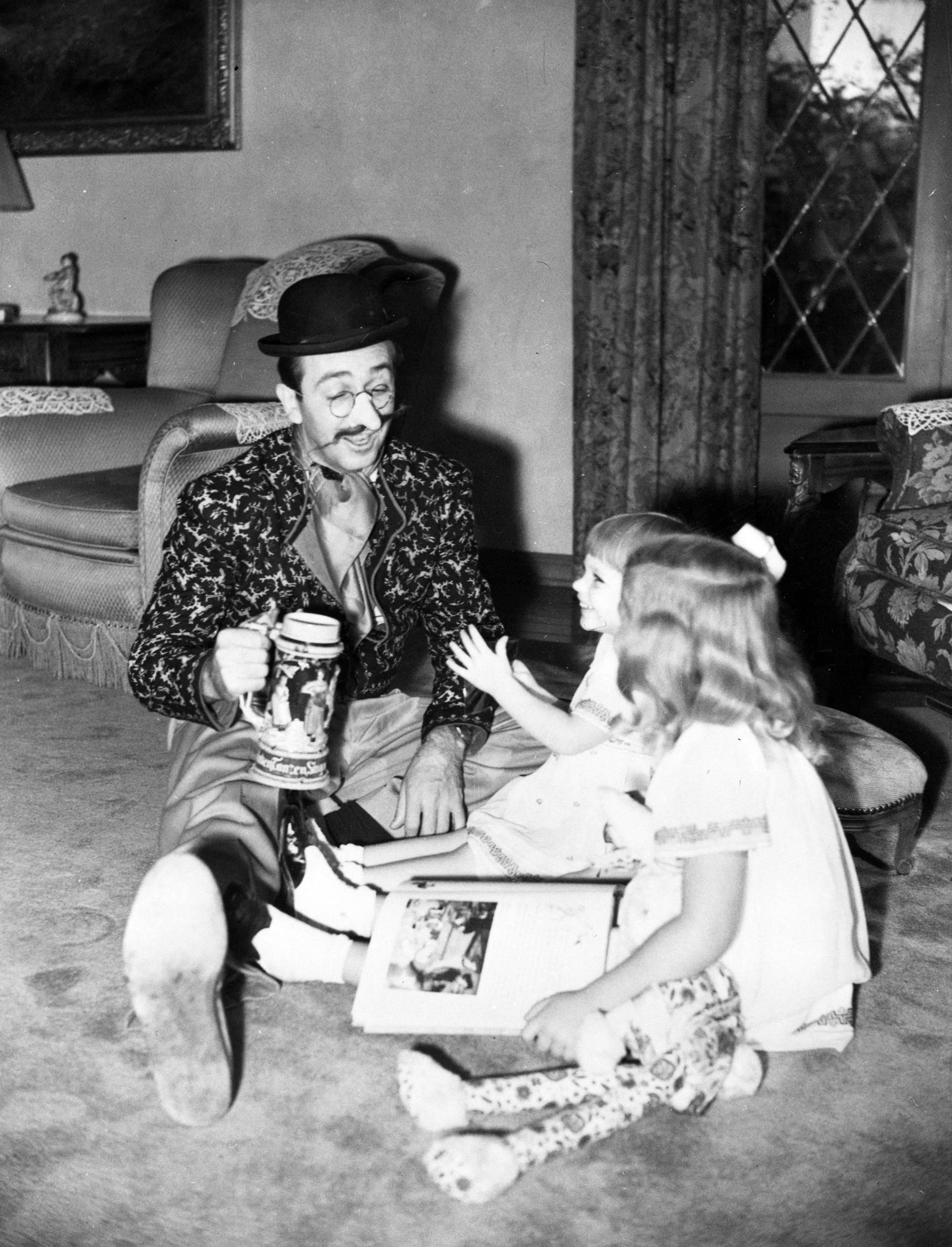Brand Essence
All you need is love
John Lennon’s lyrics in his song ‘All You Need Is Love’ state that ‘there’s nothing you can know that isn’t known, nothing you can see that isn’t shown’. It’s so appropriate in an age of sameness and product parity. So how do you distinguish your brand in a crowded world of choice?
For us, a brand is a product, service, cause or organisation with perceived intangible values. These are underpinned by functional characteristics and attributes. And if you, as the customer, haven't been able to perceive intangible benefits, you will view a brand as a commodity and buy it on price or convenience. Brands get inside our heads through both exposure and experience — the buzzwords here are touch points. Every single person in an organisation can contribute to shaping the audience's experience of a brand, even if they don't encounter the audience directly.
Brands get inside our heads
For this reason, branding is not solely a marketing function, it's an organisational one. It needs to be embraced at the top. You can call it soul, heart, mantra, proposition, purpose — there's an endless list. But forget about the semantics — it's the concept that matters in the creation of a unique brand ethos. The brand essence gives the audience a primary reason to choose them, best communicated as a single-minded idea which you can own in your category.
If the proposed essence is not consistently experienced, then it isn't the essence. If 'magical' is Disney's essence, then every trip to Disney World must deliver on that promise. (Disney World even brings magic to their audience while they wait in the queues.) In McDonald's case, consistency of experience is the basis for their brand loyalty and campaign, hence the campaign line 'No surprises'. The Holiday Inn went one better by talking about consistently delivering on 'The best surprise is no surprise'.
'Magical' - Walt Disney, in costume, plays on the floor with daughters Diane and Sharon in February 1939. Disney made a point to drive his two daughters to school every day, chase them around their house cackling like the wicked witch, and read them bedtime stories.
Maintaining consistency is a major challenge for most organisations. One of the few things worse than no promise, is a broken one. The essence must be credible, or the brand will be rejected. It’s okay for the brand essence to be aspirational, but only if your audience believes you can deliver on that promise. It must also be scalable and work for brand extensions as the organisation grows and becomes more diverse.
One of the few things worse than no promise, is a broken one
Defining, promising, and delivering a unique brand experience consistently is a 3-to-5-year scenario. You will intrigue the audience initially, however, loyalty will only result from having a series of consistent singular and favourable brand experiences. The goal is loyalty, where people will want to repeat the brand experience and recommend it to others. Brand loyalty drives up to 70% of all purchase decisions and loyal customers, on average, are willing to pay a 20% premium for their brand of choice.
United Colours of Benetton, Unhate Campaign
Branding generates long-term results but requires commitment to a long-term strategy. Success is measured in decades. A strong brand is an ideal partner for co-branding opportunities in fledging enterprises, as complementary products and services want to link their association. Owning a position in the minds of the audience often discourages competitors from head-on competition.
Aesop's 'kind-to-skin' customer experience
Aesop has a B-Corporation certification. They take a thoughtful approach to cosmetics and use a range of kind-to-skin ingredients to create their beautiful range of cruelty-free items. Aesop’s main target customers are intelligent, independent, educated, travelled and well-read. Aesop is an industry leader in terms of corporate ethics, commitment to excellence, design, and product quality, however their greatest asset is the unity of concept and value. When you purchase Aesop you will be advised by well trained, courteous staff who are gracious, well informed and worldly. Unlike many of their imitators, the brand essence is delivered all the way through to the shelf in one’s home and the first-use experience.
“No act of kindness, no matter how small, is ever wasted.”
— ‘The Lion and the Mouse’ Aesop’s Fables




